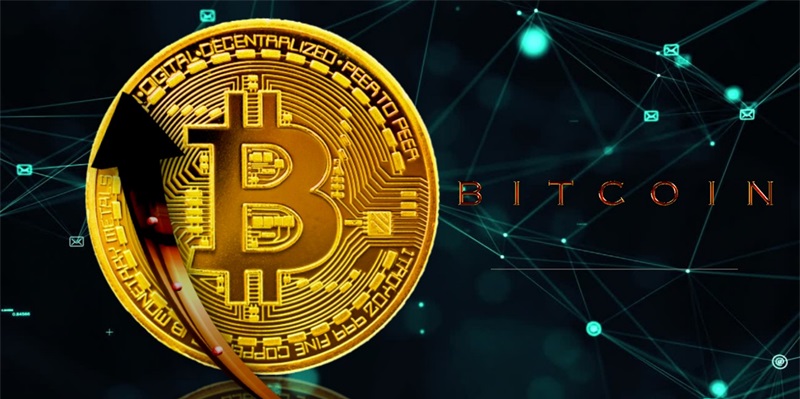For hundreds of years, gold has reigned as the ultimate emblem of wealth and a safe asset for value storage. But in the era of technology, Bitcoin has risen as a formidable opponent in the realm of financial security. In its relatively short existence since its inception a little over ten years ago, Bitcoin has captured the attention and wallets of investors, leading to intense discussions about its capability to rival gold’s established role in the economy.
Bitcoin’s skyrocketing value and increasing acceptance have made it a hot topic in investment circles, prompting many to consider its viability as a new-age alternative to gold. While gold has a historical track record, Bitcoin rides on the waves of digital innovation, offering a decentralized and easily transferable option. As the world turns more digital, the debate continues to heat up, with Bitcoin’s challenge to gold’s dominance becoming a critical conversation in the future of wealth preservation and investment strategies.
The Rise of Digital Gold
Bitcoin’s designation as ‘digital gold’ is a testament to its burgeoning acceptance as a store of value. Advocates argue that, like gold, Bitcoin has intrinsic properties that make it an ideal wealth repository. It is divisible, portable, scarce, and increasingly perceived as a hedge against inflation—attributes that mirror those of its metallic counterpart. But it’s the decentralized nature of Bitcoin that truly sets it apart, representing a form of wealth uninhibited by government manipulation or geographical boundaries.
As of late, Bitcoin has seen a remarkable increase in its market capitalization, surpassing silver and taking its place among the world’s most valuable assets. This surge is indicative of growing investor confidence, mirrored in the successful rollout and adoption of Bitcoin exchange-traded funds (ETFs). These financial instruments have made it easier for institutional and retail investors to gain exposure to Bitcoin without the complexities of direct ownership, thereby fostering mainstream acceptance.
Institutional Embrace and Future Projections
The institutional endorsement of Bitcoin is another piece of the puzzle bolstering its position as a viable alternative to gold. Industry titans like Bank of America and Morgan Stanley offering Bitcoin ETFs to clients is a clear signal of this shift. The launch of such funds, like BlackRock’s iShares Bitcoin Trust, has attracted substantial investment, underscoring the demand for cryptocurrency among traditional investors.
This institutional interest is not just a North American phenomenon. From Asia’s bustling markets to European financial hubs, firms are increasingly integrating cryptocurrency into their offerings. For instance, Mudrex’s initiative to expose Indian investors to US-based ETFs exemplifies Bitcoin’s expanding global footprint. Amidst this burgeoning support, forecasts from personalities like Mike Novogratz and Robert Kiyosaki depict a tremendously bullish outlook, with speculations of Bitcoin reaching astronomical values in the near future.
A New Era of Wealth Preservation
Bitcoin’s ascent in the financial world signifies more than market fluctuations—it taps into the zeitgeist of a world gravitating towards digitization and autonomy. The debate over Bitcoin’s ability to challenge gold is ongoing, but the cryptocurrency’s integration into mainstream finance suggests a pivotal change in investor mentality.
Bitcoin’s volatile history gives some investors pause, especially when compared to gold’s stability. Yet, Bitcoin continues to demonstrate resilience and an upward trajectory that encourages comparison to the precious metal. As the world navigates through economic uncertainty and evolving financial technologies, Bitcoin’s maturation and acceptance may well tip the scales in favor of this digital asset being a complement, if not an outright alternative, to traditional wealth stores like gold.

